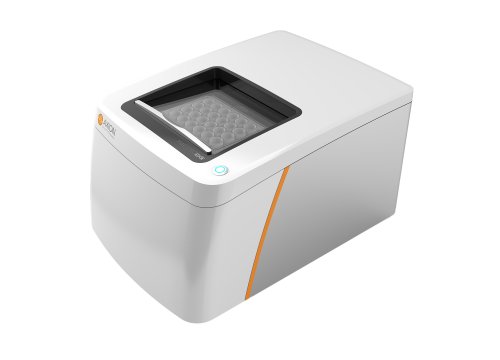Sequiera GL, Srivastava A, Sareen N, Yan W, Alagarsamy KN, Verma E, Aghanoori MR, Aliani M, Kumar A, Fernyhough P, Rockman-Greenberg C, Dhingra S.
Science Advances, 2022.
Scientists use Axion’s bioelectronic assay and other methods to help guide treatment selection and clinical trial participation for a patient with Leigh-like syndrome
Finding an effective treatment for a rare disease can be difficult, and ultrarare novel variants among patients with similar disease phenotypes can make it difficult for healthcare providers to recommend a specific therapy or clinical trial. In this study, scientists develop a multisystem “clinical trial selection platform” based on induced pluripotent stem cells (iPSC) from a Leigh-like syndrome patient with compound heterozygous variants in the ECHS1 gene and use the information to assess multiple treatments in vitro and in vivo. Leigh/Leigh-like syndrome is a genetic neurometabolic syndrome that typically strikes very young children and leads to life-threatening degeneration of the central nervous system and cardiac complications. According to the authors, more than 100 mutations in mitochondrial and genetic DNA have been associated with the disease and the discovery of new variants is common.
To characterize the functionality of iPSC-derived neurons and cardiomyocytes and assess the effects of a panel of drugs in vitro for the patient with the genetic variant compared to a classic Leigh syndrome patient, the scientists used Axion’s label-free multielectrode array (MEA) platform. Together with other testing, the results established the pathogenicity of the ECHS1 mutation and provided a platform to validate the safety and efficacy of the screened drugs, which were later investigated in the patient. Following three years of treatment, the authors report that the patient’s metabolic profile shifted toward healthy control and that there were no signs of clinical deterioration. The researchers conclude that this personalized iPSC-based platform can be used as a prescreening tool to help make decisions about potential treatments and clinical trial participation for patients with ultrarare diseases.


